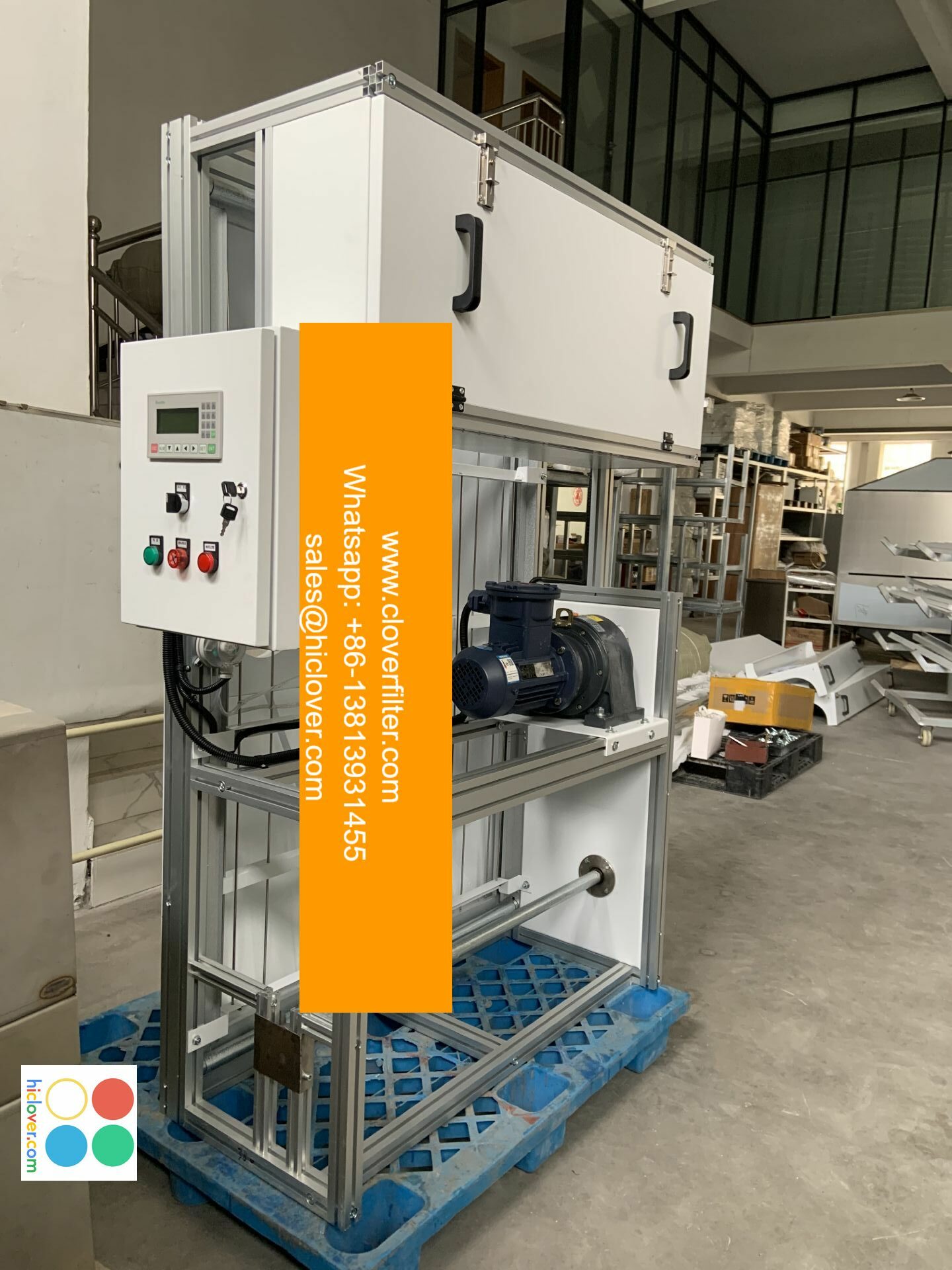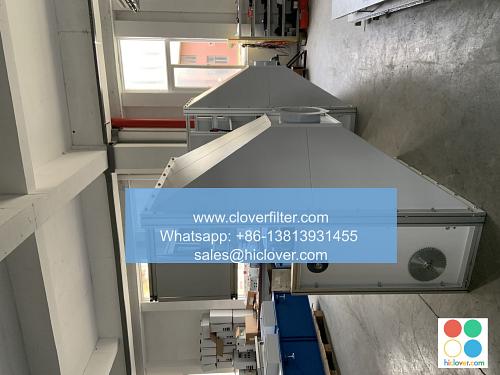The Benefits of Air Filter Logistics in Transportation Settings

The implementation of air filter logistics in transportation settings has become a crucial aspect of maintaining a healthy and safe environment for passengers and crew members. The use of high-efficiency particulate air (HEPA) filters and ultra-low particulate air (ULPA) filters has been shown to significantly reduce the concentration of airborne pollutants, including particulate matter (PM), volatile organic compounds (VOCs), and microorganisms. In this article, we will discuss the benefits of air filter logistics in transportation settings and highlight various application areas.
Improved Indoor Air Quality (IAQ)
One of the primary benefits of air filter logistics in transportation settings is the improvement of indoor air quality (IAQ). The use of air filtration systems can help remove airborne pollutants, including pollen, dust, and pet dander, which can exacerbate respiratory issues such as asthma and allergies. By incorporating air filter logistics into transportation settings, passengers and crew members can breathe easier, reducing the risk of respiratory problems.
Reduced Risk of Airborne Diseases
Another significant benefit of air filter logistics in transportation settings is the reduction of the risk of airborne diseases. Airborne pathogens, such as influenza and tuberculosis, can be spread through the air, posing a significant risk to passengers and crew members. The use of HEPA filters and ULPA filters can help remove these pathogens from the air, reducing the risk of transmission.
Application Areas
Air filter logistics can be applied in various transportation settings, including:
* Airlines: The use of air filtration systems can help improve IAQ and reduce the risk of airborne diseases in aircraft cabins.
* Trains and buses: Air filter logistics can be used to improve IAQ and reduce the risk of airborne diseases in public transportation vehicles.
* Ships and cruise liners: The use of air filtration systems can help improve IAQ and reduce the risk of airborne diseases in shipboard environments.
* Automotive: Air filter logistics can be used to improve IAQ and reduce the risk of airborne diseases in vehicles, including cars, trucks, and buses.
Logistical Considerations
When implementing air filter logistics in transportation settings, several logistical considerations must be taken into account, including:
* Filter maintenance and replacement: Regular maintenance and replacement of air filters are crucial to ensure optimal performance and effectiveness.
* Filter selection: The selection of the right air filter for the specific application is critical to ensure optimal performance and effectiveness.
* System integration: Air filter logistics must be integrated into the existing heating, ventilation, and air conditioning (HVAC) systems to ensure optimal performance and effectiveness.
Conclusion
In conclusion, the benefits of air filter logistics in transportation settings are numerous and significant. The use of air filtration systems can help improve IAQ, reduce the risk of airborne diseases, and create a healthier and safer environment for passengers and crew members. By highlighting various application areas and considering logistical considerations, transportation settings can optimize their air filter logistics to ensure optimal performance and effectiveness. It seems like you’re ready to start a conversation or explore a topic, but you haven’t specified what that is yet. Could you please provide more details or clarify your prompt? I’m here to help with any questions or topics you’d like to discuss!

